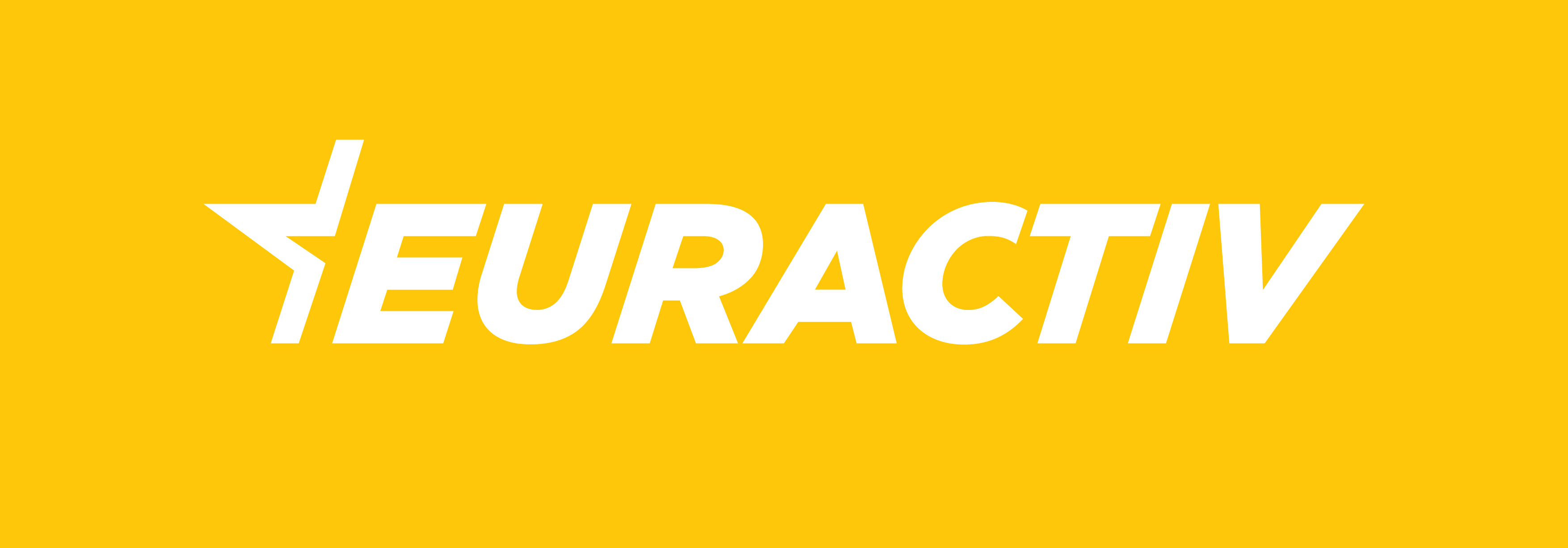EU must pick up speed to reach climate goals, report says

The EU needs to accelerate the implementation of the European Green Deal if it is to achieve climate neutrality by 2050, according to a new flagship report released on Monday (26 June).
The first report by the newly-founded European Climate Neutrality Observatory provides an assessment of 13 building blocks seen as essential to reach the EU’s decarbonisation objectives – in areas ranging from industry and mobility to governance and foreign policy.
But while measures introduced under the European Green Deal are all going in the right direction, they are not sufficient to reach the EU’s climate objectives, says the report by the Berlin-based Ecologic Institute.
“Our findings serve as a wake up call that the EU needs to move faster, and also rapidly upgrade its data collection and progress monitoring processes, so that we’re not flying blind as we take on the all-encompassing challenge of transforming to a climate neutral society,” said Eike Karola Velten, lead author of the report and senior fellow at the Ecologic Institute.
According to her, long-term planning, effective monitoring and targeted policy interventions are key for a successful transition to a climate-neutral economy.
“The EU needs to consider how all the building blocks of the society fit together and unblock barriers to ensure that the critical structural changes for creating a climate neutral economy get underway,” Velten said.
Overall, the EU is found to have successfully set the course towards a greener future, but it will need to pick up speed when it comes to implementation.
While all the examined building blocks are heading in the right direction, they are not moving fast enough to reach the EU’s goals. Aside from electricity and governance, which are the best performers in the analysis, progress in the other building blocks is either deemed “too slow” or “far too slow”.
Among those are carbon dioxide removal (CDR) technologies, which have not been picked up at the desired scale. As natural carbon sinks like forests come under increased pressure due to climate change, CDR’s role in reducing emissions faces significant risks, the report says.
Financing for climate action is also insufficient, the report warns, saying this raises concerns for all other building blocks, which rely on increased investment. Meanwhile, an increase in fossil fuel subsidies and other counter-productive incentives implemented during the energy crisis last year risk creating a bottleneck for the entire transition.
Another source of worry is climate adaptation. As Europe suffers more episodes of extreme weather due to global heating, both the EU’s economic structures and the lives of its citizens are facing serious risks, the report says.
Looking forward, the European Climate Neutrality Observatory draws attention to data gaps, saying a more robust monitoring system is needed to track progress in achieving the EU’s climate goals and enable a regular revision of existing policies.
Insufficient information leaves decision-makers in the dark about barriers and stagnation, making a granular, open-source monitoring framework all the more necessary, the report argues.
The wealth of new policies that have been introduced since the launch of the European Green Deal are reasons for optimism but researchers warn that the EU cannot afford to be complacent.
“The climate crisis calls for a big picture, joined-up approach to ensure we’re not only meeting our short term emissions targets but also laying the groundwork to remain on track in the coming decades,” said Aleksander Śniegocki, co-author of the report and CEO of the Warsaw-based Reform Institute.
The European Commission is expected to publish its first assessment of progress made on climate neutrality in September.
cover photo:Though the policies introduced as part of the Green Deal are contributing to the green transition, progress should be made at a faster rate in order to meet the 2050 targets, according to ECNO's report. [EPA-EFE/OLIVIER HOSLET]







